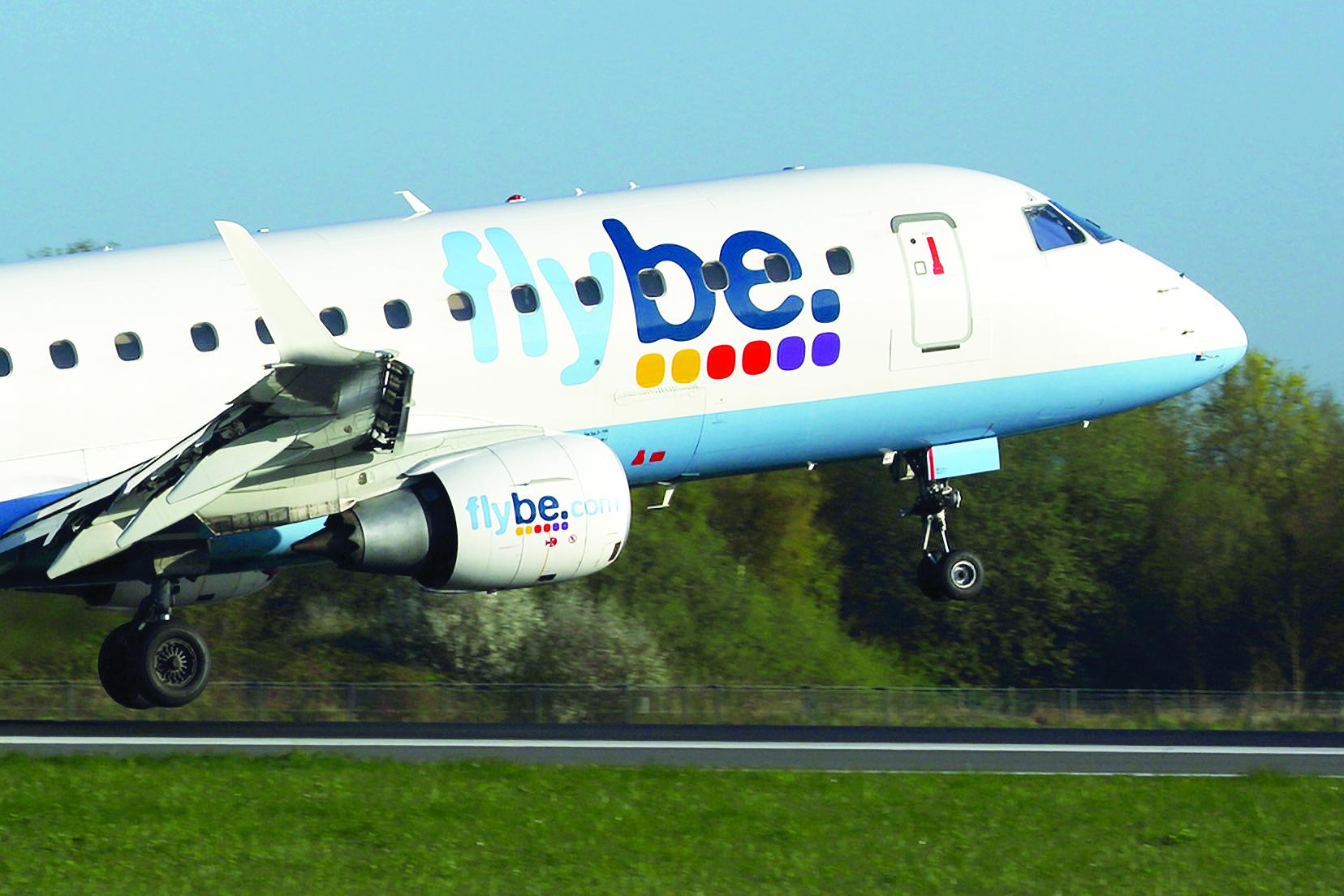
In mid-January, rumors were rife that yet another UK carrier was on the brink and could be out of business by the end of the week.
But the story of regional carrier Flybe took an interesting turn. Unlike the previous cases of Thomas Cook and Monarch—both of which went defunct and left thousands of passengers stranded—the UK government stepped in swiftly with the airline industry’s equivalent of a lifebuoy.
The government—itself newly installed after Prime Minister Boris Johnson’s Conservative Party won reelection in December—threw out a plan to defer payment of Flybe’s 2020 air passenger duty (ADP) tax bill until 2023. Although the government did not confirm details, this means that Flybe will be off the hook to the tune of £106 million ($138 million), and presumably similar amounts in 2021 and 2022, until 2023. To be repaid with or without interest is not known.
But the government did confirm it had reached a deal with Flybe’s shareholders, prompting an angry response from Willie Walsh, CEO of International Airlines Group (IAG), which owns British Airways and other European carriers.
In a letter to UK transport secretary Grant Shapps, Walsh wrote: “Prior to the acquisition of Flybe by the consortium which includes Virgin/Delta, Flybe argued for taxpayers to fund its operations by subsidizing regional routes. Virgin/Delta now want the taxpayer to pick up the tab for their mismanagement of the airline. This is a blatant misuse of public funds.
“Flybe’s precarious situation makes a mockery of the promises the airline, its shareholders and Heathrow have made about the expansion of regional flights if a third runway is built.”
IAG has lodged a formal complaint with the European Union Competition Directorate (though how that will work after Jan. 31 when the UK is supposed to leave the EU is also unclear).
Irish LCC Ryanair was similarly displeased. “We have already called for more robust and frequent stress tests on financially weak airlines and tour operators so the taxpayer does not have to bail them out,” the company said.
Their anger is justified.
Less than a year earlier, Flybe’s operations were bought by the Connect Airways consortium, made up of the Stobart Group, Cyrus Capital Partners and Virgin Atlantic. Virgin is 49% owned by Delta Air Lines, one of the most profitable and cash-rich airlines in the world. How is it that a large company with those types of resources could buy an airline, but so soon after the acquisition get a hefty financial leg up from government?
The answer is politics. Johnson’s election landslide win was in large part the result of major defections in regions that have traditionally supported the opposing Labour Party with its union base. So soon after that victory, and with the true economic impact of Brexit yet to play out, the new Conservative government does not want to see another British company name go under, sinking jobs with it, much less a company that connects many of the UK cities that got it reelected.
Through a spokesman, Johnson rejected accusations that the tax bill deferment amounted to state aid and said the government’s tax office had a record of supporting “viable businesses with genuine short-term difficulties.”
Downing Street also pointed out that it was reviewing the unpopular ADP tax and any changes it might implement would apply to all airlines.
The haste with which the government stepped in, however, and the lack of transparency about the precise nature of its deal with Connect and Flybe, is suspicious. A multimillion tax deferral is not much different from a government loan; either way, the benefitting company gets immediate financial relief that its competitors do not (unless they, too, are mismanaged into a precarious financial state). In the Flybe case, the beneficiaries include British Airways’ direct rivals Virgin and Delta.
Taxes and government fees are especially sensitive for airlines. In some instances around the world, the combination of government and airport taxes and fees can be almost as high as the air fare.
If the UK government ultimately decides to drop the ADP—essentially a departure tax that does nothing for aviation or the traveling public—that would be a welcome move. But in 2020, that will be politically difficult because the new army of anti-flying campaigners, who see aviation as a climate threat, want airlines to pay even higher taxes as a climate penalty.
It seems unlikely, therefore, that the ADP will be abolished. Allowing one airline to defer payment while the rest must pay up is a clear tipping of the competitive scales.





